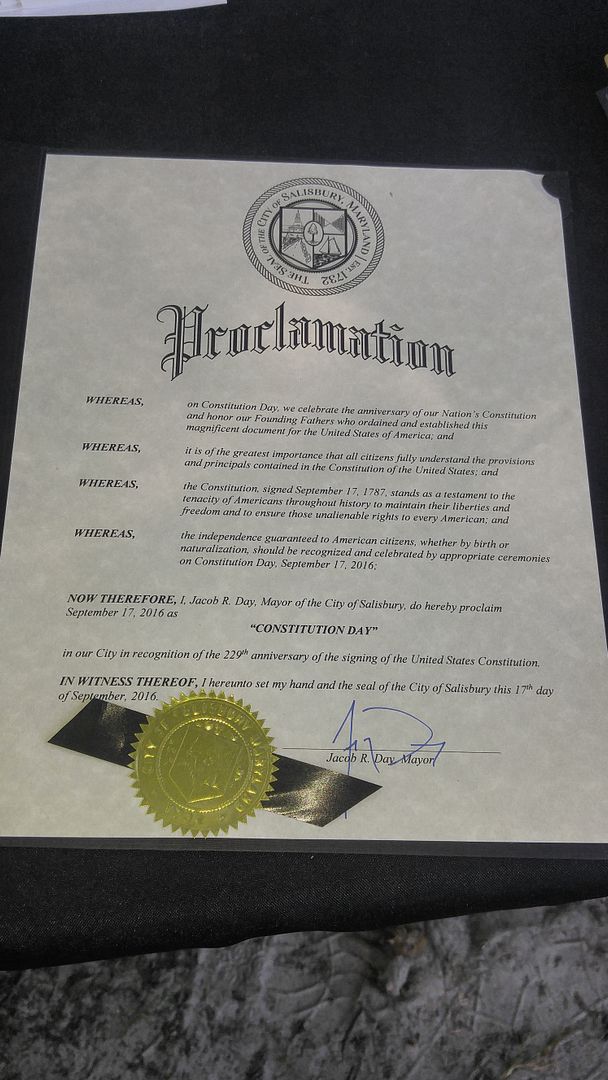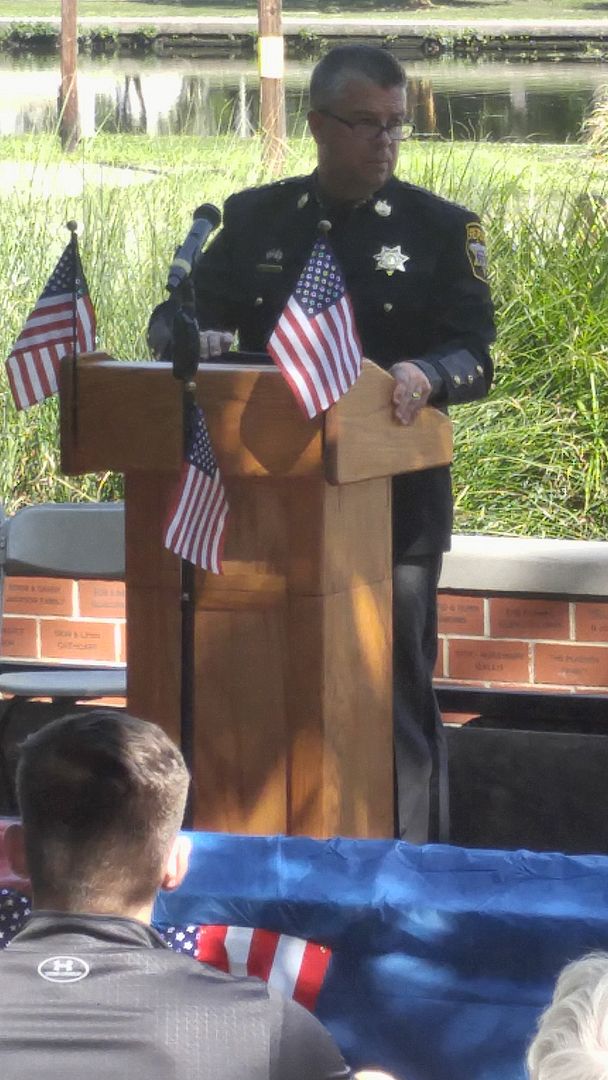It will be on the light side this time, but this is probably the lightest news week on the calendar as many of the productive people in the country take an extended vacation. Having Christmas and New Year’s Day both fall on a Friday really assists in that effort because the average worker only has to take 3 or 4 vacation days rather than a full week – as an example I had both Thursday and Friday off this past weekend and will be off Friday, too. Long story short, the government and newsmakers are pretty much off for several days with the minimum of paid time off insuring a long 11-day break.
So I’m going to begin with news that came out recently from the Center for Immigration Studies that confirmed what millions of observers have long suspected: we aren’t ejecting illegal immigrants from the country like we used to. No one is talking about all 11, 13, 20, 30, or whatever million there are, but just over 235,000 – not even half of the number just four years ago. Jessica Vaughan of CIS noted in testimony before the Senate that:
This willful neglect (regarding deportation) has imposed enormous costs on American communities. In addition to the distorted labor markets and higher tax bills for social welfare benefits that result from uncontrolled illegal immigration, the Obama administration’s anti-enforcement policies represent a threat to public safety from criminal aliens that ICE officers are told to release instead of detain and remove. The administration’s mandate that ICE focus only on the ‘worst of the worst’ convicted criminal aliens means that too many of ‘the worst’ deportable criminal aliens are still at large in our communities.
Even if Donald Trump personally supervised a border wall and made Mexico pay for it, deportations continuing at that rate would take decades to clear out those here illegally, giving those at the bottom of the list for removal time to have anchor babies and otherwise game the system to stay put. It’s a waiting game that Americans and those law-abiding immigrants wishing to enter are losing quickly.
Obviously the first steps any new administration would need to take not only involve revoking all the pro-illegal alien policies of the Obama administration but putting an end to birthright citizenship for non-citizens and cracking down on employers who knowingly employ illegals. In one stroke I’m for pissing off both the Democrats and the pro-amnesty Chamber of Commerce types.
Immigration – and its potential for bringing in a new generation of government-dependent first-generation voting residents (I hesitate to call them Americans as they are slow to assimilate) isn’t as much of a cause for concern for Robert Romano of Americans for Limited Government as is the death of the Republican voter.
I’ve brought up this question in a different form before, as I have pointed out the Reagan Democrats of 1980 were comprised of a large number of blue-collar lunchbucket types who were probably approaching middle age at the time. Brought up as Democrats with the idealism of John F. Kennedy and the union worker political pedigree, they nonetheless were believers in American exceptionalism – for them, the American malaise was a result of Jimmy Carter capping off a decade or more of failed liberal policies both here and abroad.
As Romano points out, many in the Silent Generation (which was the base of the Reagan Democrats as they reached middle age in the 1970s) are now gone. At around 29 million, it is well less than half of the Baby Boomers or Millennials. (I notice that Generation X isn’t mentioned, but they are certainly larger than the Silent Generation as well. At 51, I could be considered a tail-end Baby Boomer but I identify more with Generation X.)
Yet the question to me isn’t so much Republican vs. Democrat as it is “regressive” statist vs. conservative/libertarian. I worry more about the number of producers (i.e. those who work in the private sector) vs. the number of takers (public sector workers + benefit beneficiaries). The number of takers is growing by leaps and bounds – chronic underemployment to the point people still qualify for food stamps or housing assistance plays a part, as does people getting older and retiring to get their Medicare and Social Security. I’ll grant it is possible (and very likely) some straddle both categories, particularly older workers who qualify for Medicare, but as a whole we have a bleak future as an entitlement state without some sort of drastic reform. This example probably oversimplifies it, but you get the picture.
At least I’m trying to be honest about it instead of using the faulty reasoning of the Left, as Dan Bongino sees it. Sometimes I wonder if its a game the liberals play in the hopes that we waste and exhaust ourselves trying to refute all the bulls**t they spew rather than come up with new, good ideas.
Perhaps more importantly, though, Bongino in a later article makes the case that government surveillance is not the terrorism panacea people make it out to be.
I’m not willing to sacrifice my liberty, or yours, for a false sense of security, Ironically, those defending this egregious, government-enforced evaporation of the line between the private and public self cannot provide any evidence of this metadata collection process intercepting even one terror plot.
After 9/11, Congress adopted the PATRIOT Act, which was supposed to be temporary. Given that we are in the midst of a Long War against Islamic-based terrorism, there is some need for scrutiny but Bongino has a point – are we trying to get someone inside these terror cells?
Finally, I want to pass along some good news. If your house is like mine and uses heating oil, you can expect to save $459 this winter compared to last. (Having well above-average temperatures in December meant I made up for the “extra” 100 gallons I had to get to make it through a chilly spring.) But as American Petroleum Institute’s Jack Gerard also points out, investing in energy infrastructure is a key to maintaining these savings in the long run – and has the added benefits of an economic boost.
We often talk about infrastructure in terms of transportation, where public money is used on projects generally used by the public for enhanced commerce. As I was told, traffic bottlenecks were common in Vienna before they finished the bridge over the Nanticoke River in 1990 as well as in Salisbury until the completion of the U.S. 50 portion of the bypass a decade or so ago. Now traffic flows more freely, time and fuel are no longer wasted, and people are just that much more likely to visit our beach resorts. (The same process is occurring on Maryland Route 404 and U.S. 113 as widening makes that traffic more bearable.)
But this can also occur in the private sector as a future investment, and this is what Gerard is referring to. Most are familiar with the story regarding the Keystone XL pipeline, but the same sort of opposition rose up to the Mid-Atlantic Power Pathway, a transmission line once slated to run through Wicomico and Dorchester counties on its way to the Indian River generating plant in Delaware. Slack demand and other infrastructure improvements were cited as factors in killing MAPP, but the process of dealing with environmental issues likely played a larger role.
Regardless, you can bet your bottom dollar that any sort of fossil-fuel based infrastructure would be opposed tooth and nail by a certain class of people who believe all of our electricity can come from so-called “renewable” sources, and that power will magically run directly from the wind turbine to the outlet in your living room. I see nothing wrong with private investment trying to make lives better, so if another natural gas pipeline is what Delmarva needs to succeed and some private entity is willing to pay for it, well, let’s start building.
Just as I built this post from the debris of my e-mail box, we can make our lives better with our natural resources if we don’t shoot ourselves in the foot.






